A positive experience with an MCSP-trained volunteer led Ko Maung Tun to be an advocate for early detection and treatment of TB in his community. […]
Trained Volunteers Provide TB Diagnoses – and Hope – to Burmese Families
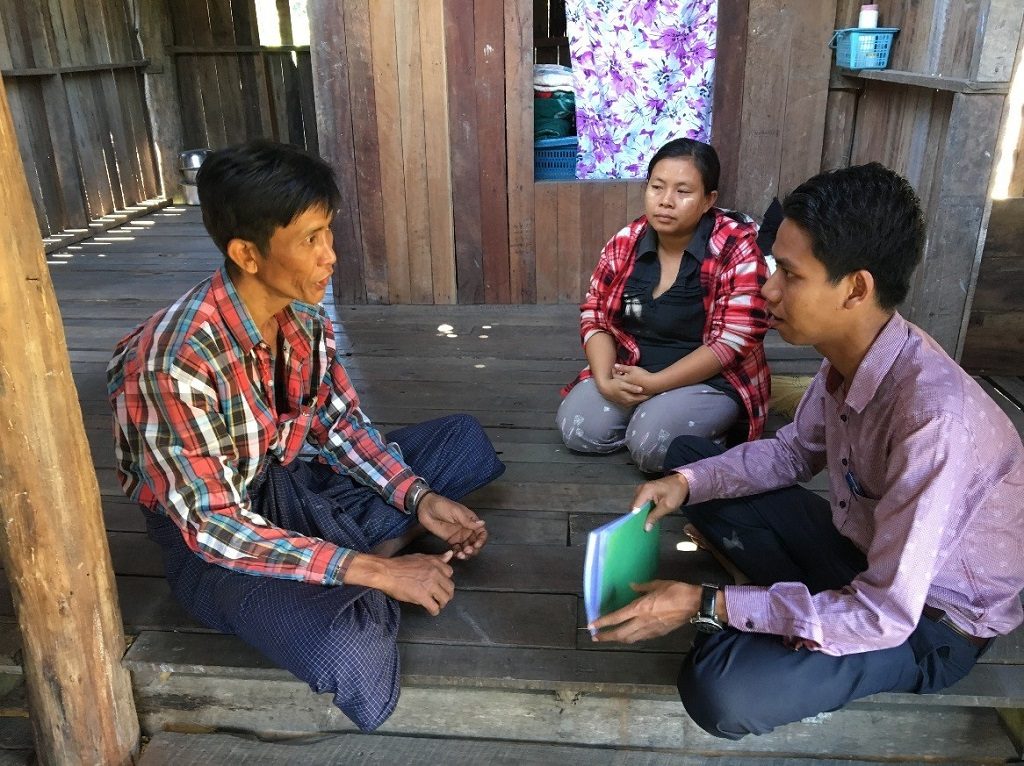

A positive experience with an MCSP-trained volunteer led Ko Maung Tun to be an advocate for early detection and treatment of TB in his community. […]
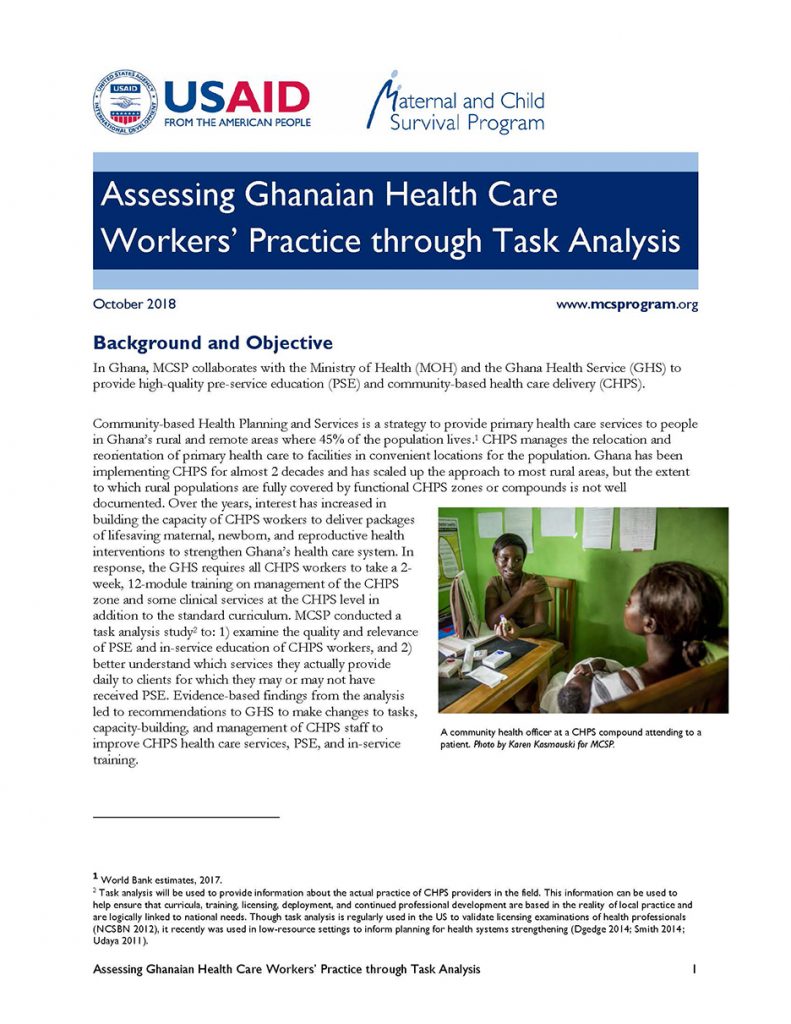
In Ghana, MCSP collaborates with the Ministry of Health (MOH) and the Ghana Health Service (GHS) to provide high-quality pre-service education (PSE) and community-based health care delivery (CHPS). Over the years, interest has increased in building the capacity of CHPS workers to deliver packages of lifesaving maternal, newborn, and reproductive health interventions to strengthen Ghana’s […]
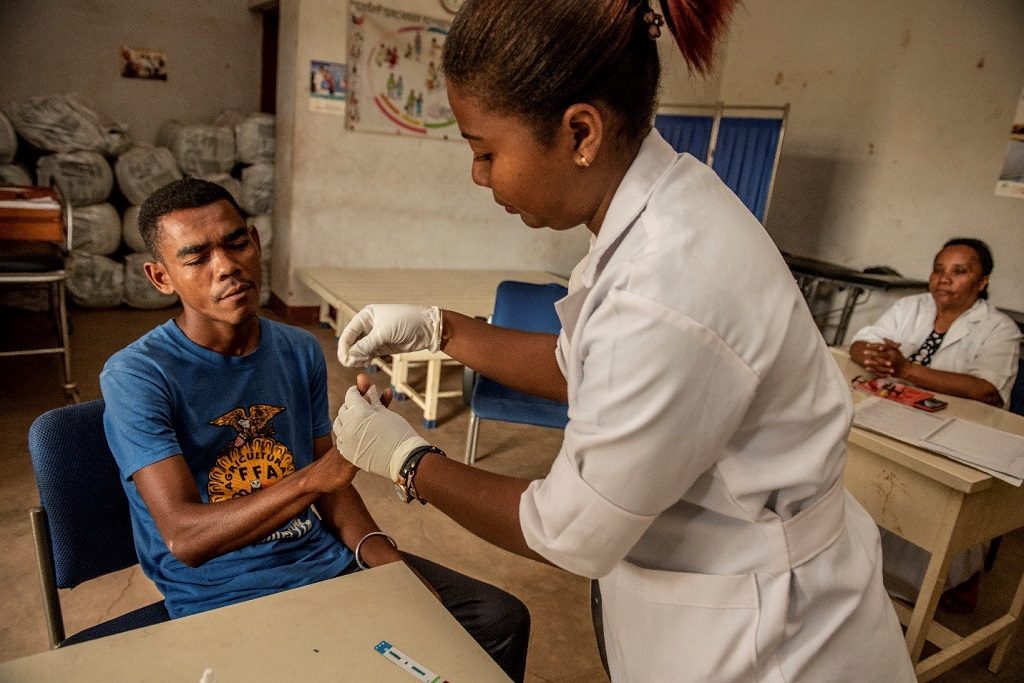
Young and first-time parents in Madagascar learn to value and safeguard their family’s health thanks to MCSP’s TMT project. […]
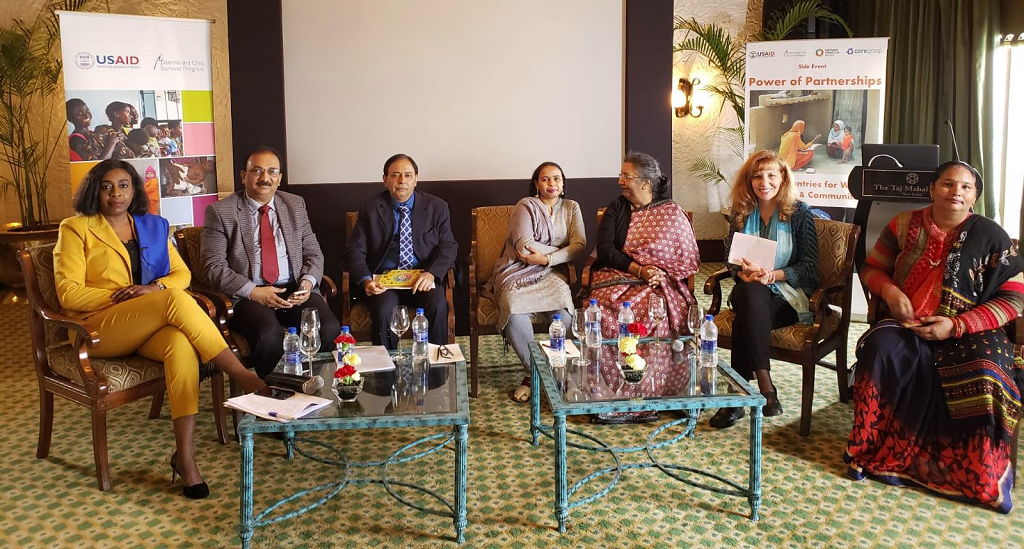
The side event provided space to explore effective strategies that may be adapted to other development and humanitarian issues. […]
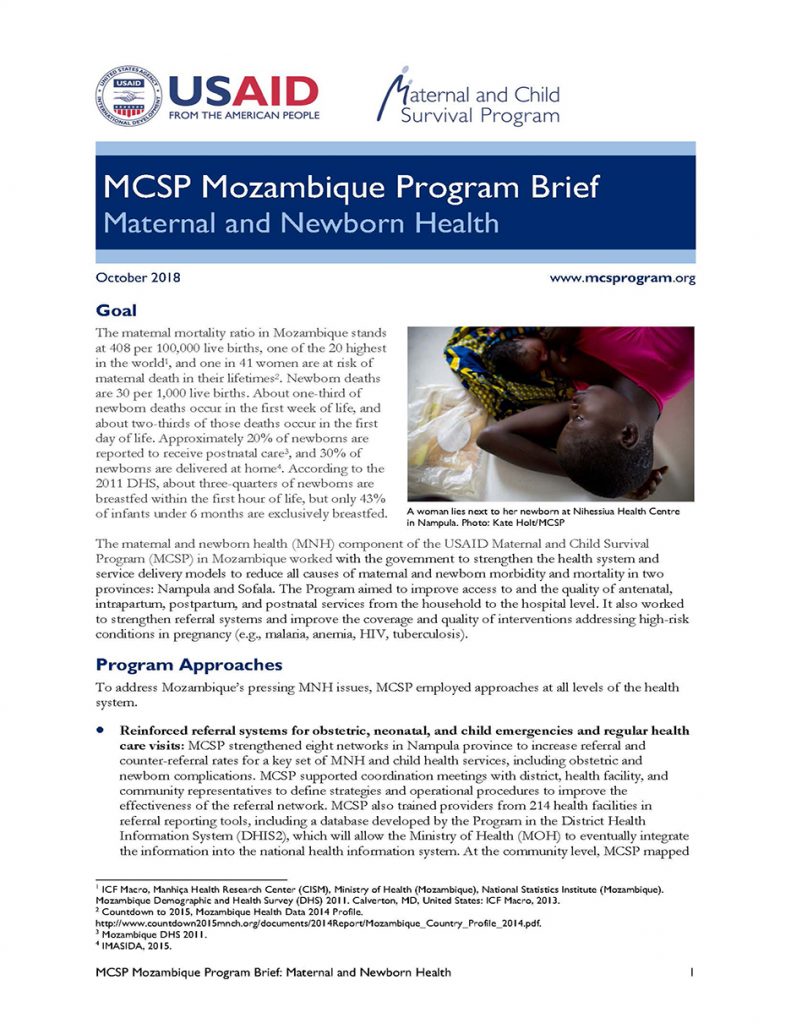
MCSP has partnered with the Ministry of Health in Mozambique to introduce and support high-impact, sustainable reproductive, maternal, newborn and child health interventions in the below areas: Child Health Community Health Gender Immunization Maternal and Newborn Health Malaria Nutrition Quality Improvement Reproductive Health: Cervical Cancer Prevention and Family Planning Water, Sanitation, and Hygiene Water, Sanitation […]
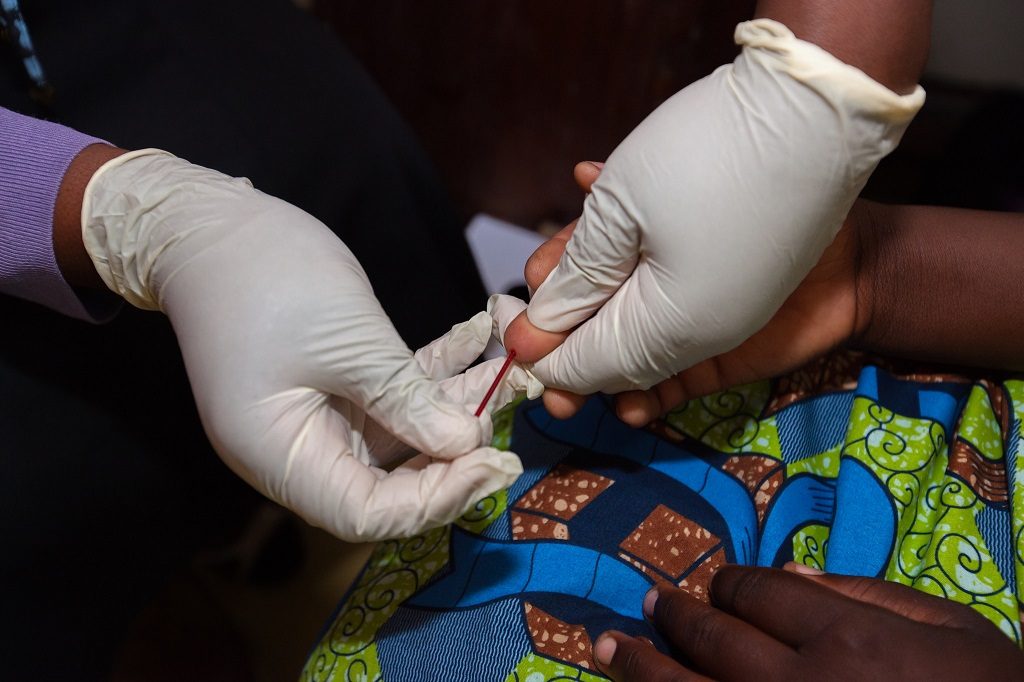
In Namibia, finding individuals not yet diagnosed with HIV and linking them to care and treatment services is a national priority […]
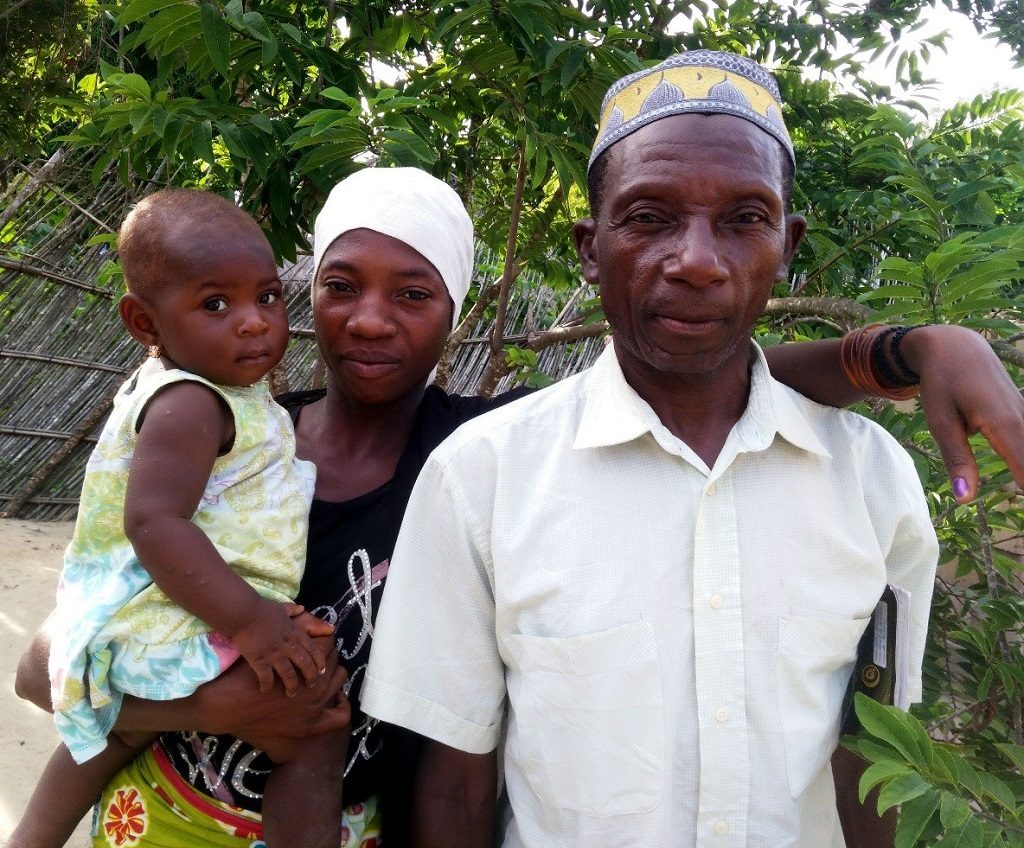
By creating and revitalizing Community Health Committees in Mozambique, MCSP is involving the community itself in actions to improve their own health and development. […]
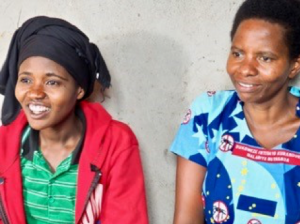
“The women used to tell me they couldn’t plan their families, but now with these services, they are very excited and happy,” Theodosie said. […]
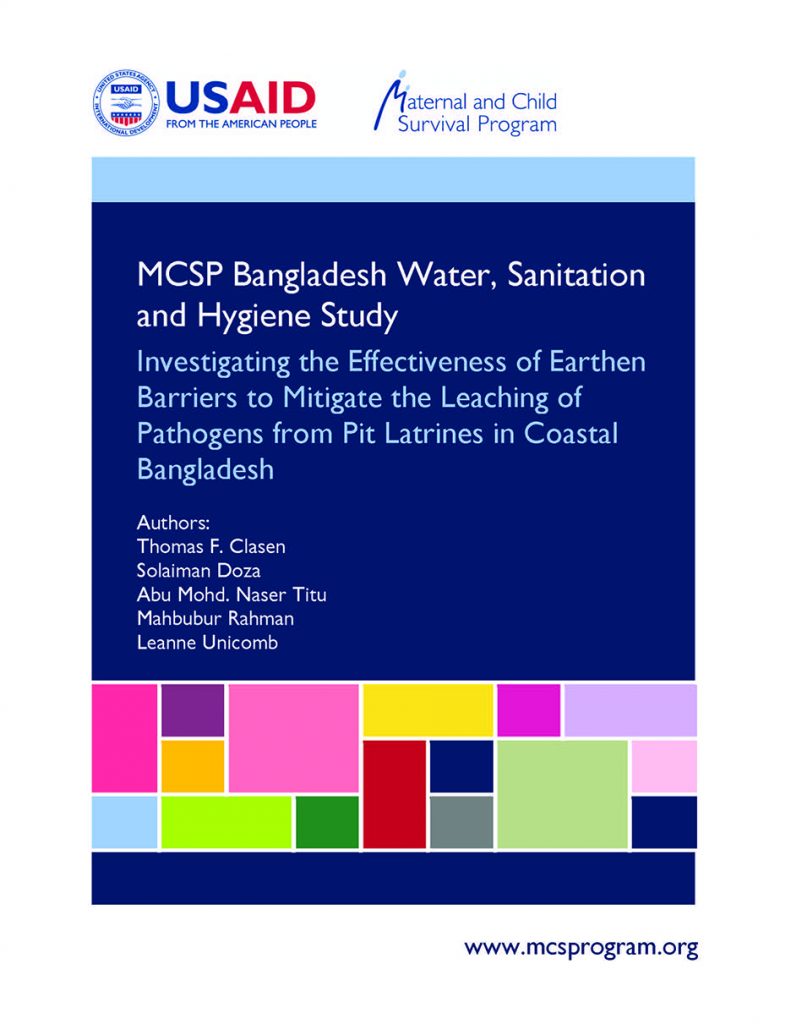
Improved sanitation is the primary barrier to prevent fecal contamination from entering the environment. Pit latrines are one of the most commonly used human excreta disposal systems in low-income countries due to their low cost and availability. Pit latrines are the most common latrine technology in rural Bangladesh and are often installed in such a […]
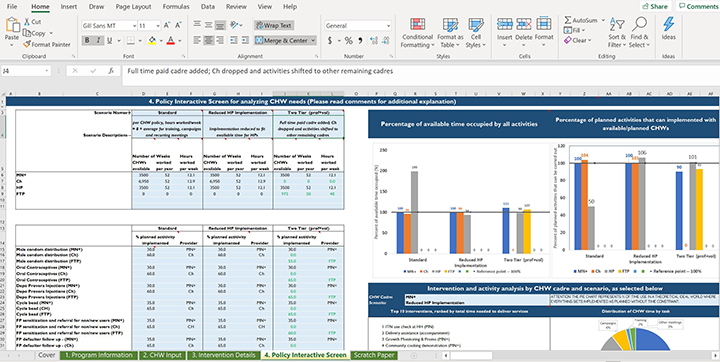
The Community Health Worker (CHW) Coverage and Capacity Tool (C3) was designed as an operational tool following the release of the CHW Reference Guide, notably Chapter 7 on CHW Roles and Responsibilities. C3 is an Excel-based tool that models options for CHW allocation and engagement. It can support planners to (1) estimate the number of CHWs required to […]